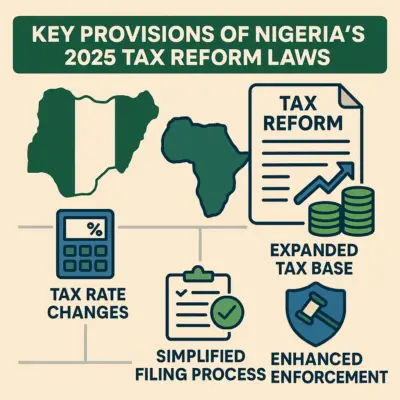The Federal Government has moved to calm public anxiety over reports that every Nigerian must obtain a Tax Identification Number (Tax ID) before opening or maintaining a bank account.
Chairman of the Presidential Fiscal Policy and Tax Reforms Committee, Taiwo Oyedele, clarified that the new policy applies only to taxable persons and businesses — not to ordinary citizens without taxable income.
In a statement posted on his official X handle, Oyedele said the recently enacted Nigeria Tax Administration Act (NTAA) simply consolidates existing provisions and does not impose fresh obligations on low-income Nigerians.
https://x.com/taiwoyedele/status/1966248746855051319
“Banks and financial institutions are required to request a Tax ID from taxable persons. However, individuals who do not earn income and are not taxable are not required to obtain one,” he stated.
The NTAA builds on the Finance Act of 2019, which first introduced the requirement for businesses to present a Tax Identification Number (TIN) when opening accounts. According to Oyedele, the NTAA now replaces multiple identifiers with a single, harmonised Tax ID to reduce duplication and loopholes.
He explained that individuals’ National Identification Number (NIN) and companies’ Corporate Affairs Commission (CAC) registration numbers will automatically serve as their Tax IDs.
Existing TINs remain valid, while new applicants can obtain theirs online or at tax offices free of charge.
“The Tax ID is not a physical card but a unique number linked to your identity. Nigerians should avoid touts or unofficial agents claiming to issue Tax ID cards,” he cautioned.
The law also covers non-resident companies doing business in Nigeria, as well as government-owned enterprises and agencies. Nigerians in the diaspora may also obtain a Tax ID using their NIN for banking or investment purposes.
From January 1, 2026, taxable persons who fail to register may find themselves unable to operate bank accounts, insurance policies, pension accounts, or investment portfolios. Penalties will also apply under the NTAA for non-compliance.
Oyedele emphasised that the reform aims to simplify identification, reduce tax evasion, and make the system fairer.
“For most ordinary Nigerians, there is no extra burden because their NIN or CAC number will serve as their Tax ID.
The goal is to ensure that those who earn taxable income contribute their fair share while low-income citizens remain protected,” he said.
The Presidential Fiscal Policy and Tax Reforms Committee advised citizens to rely strictly on official government channels for updates on the new tax laws to avoid misinformation and exploitation.
The Federal Government hopes the new system will improve compliance and transparency, while protecting citizens outside the tax net from unnecessary bureaucracy.





